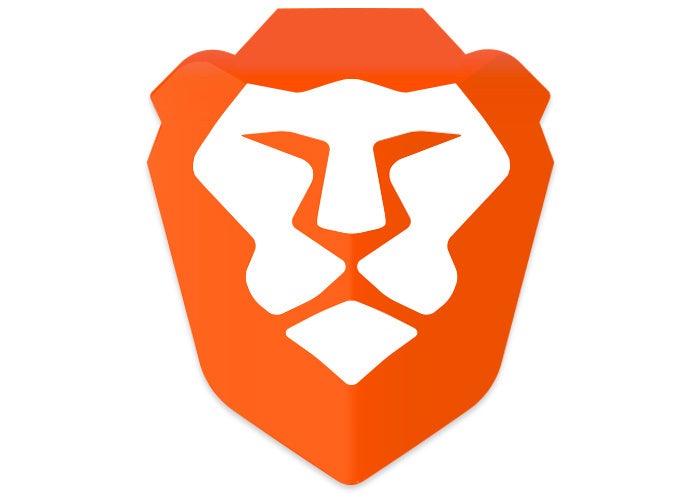Borrowing Google’s open-source Chrome browser technology is popular these days.
One day after Microsoft announced it’s ditching its own EdgeHTML core and rebuilding its Edge browser on Google’s rival Chromium project instead, rival Brave said it’s completed its own move to a tighter integration with the software.
When Brave launched two years ago, it used its own interface software, but the new ‘Brave Core’ version pulls in much more of Chromium, the open-source foundation of Chrome. The new version has been available for testing, but on Friday, anyone using the older version will be prompted to upgrade.
The new version is an important step for Brave. Its earlier approach suffered from incompatibility with Chrome extensions, and the update fixes that while boosting speed as well. And it looks more familiar to anyone switching from Chrome, which is most of us given that Google’s browser dominates the web.
Brave, co-founded by former Firefox leader and JavaScript inventor Brendan Eich, arrived in 2016 with a plan to block ads and ad trackers by default and to place its own ads based on targeting routines run solely within the browser itself. The ad-blocking browser part is well underway, but the ad system — an option disabled by default — is only now just arriving.

Brave takes a cut of the ad revenue but also passes some along to Brave users in the form of basic attention token (BAT), a cryptocurrency-based means of payment whose initial sales in 2017 raised millions of dollars for the company in 2017. If you opt into the ad system, Brave will pay publishers, YouTubers, Switch video game streamers and anyone you tip who’s signed up for Brave’s system. Publishers — 22,000 so far — can convert BAT in to ordinary money.
Brave may reuse most of Chromium, but it deviates from Google’s priorities significantly in some ways. For one thing, it blocks ad trackers that deeply built into Google’s advertising business. For another, Brave emphasizes privacy much more than Chrome, challenging Google advertising practices in European venues on matters including ad privacy invasion and anticompetitiveness.
About 4.7 million people use Brave monthly on MacOS, Windows, Linux, Android and iOS devices, Brave said. In comparison, more than a billion use Chrome.
